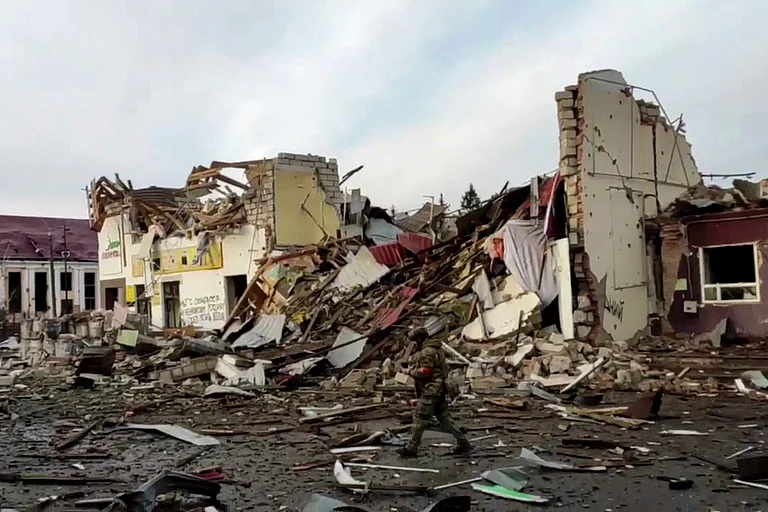Meta Inc has announced it will be banning Russian news agencies RT, Rossiya Segodnya and other Moscow-based and controlled media networks for alleged "foreign interference".
This announcement comes after the US Department of Justice accused two RT employees of money laundering and a scheme to hire American companies to influence the result of the upcoming presidential elections.
"After careful consideration, we expanded our ongoing enforcement against Russian state media outlets. Rossiya Segodnya, RT and other related entities are now banned from our apps globally for foreign interference activity," reads the official statement issued by Meta.
The ban will be enforced in the next few days and will be applicable to all Meta apps and platforms such as Facebook, Instagram, Threats and WhatsApp.
While an official confirmation from the Russian government is awaited, RT has denied all allegations and stated that the United STates is "hindering the state broadcaster's ability to function as a journalistic organisation".
Days before Meta's announcement, US Secretary of State Antony warned other countries and stated that broadcasters like RT must be monitored and treated in a manner similar to covert Russian operations.
The action on Russia media also comes after various reports of Moscow's alleged interference to influence the outcome of the November Elections between former president Donald Trump and Vice President Kamala Harris.
Russia's Long History Of Foreign Inteference
In the recent years, Russia has been accused of foreign interference by many countries. However, when it comes to the United States, Moscow has a long history of trying to interference and influence.
Russian interference in US elections dates back to the Cold War when Moscow tried to destroy the candidacy of Republican presidents Richard Nixon and Ronald Reagan.
More recently, Russian interference in the 2016 presidential elections was also witnessed through the hacking of Demcoratic candidate Hilary Clinton's campaign and more to influence the vote towards Donald Trump.
Russia was accused of releasing politically damaging information on the internet; spreading propaganda on Twitter, Facebook, YouTube and Instagram; staging rallies in Florida and Pennsylvania and setting up meetings with members of the Trump campaign and its associates.
Furthermore, Russia also targeted voter registration systems in around 21 states before Election Day and accessed states' systems to steal thousands of voters' data and personal information.
Along with this, Russians were also accused of hacking into the Hillary Clinton campaign, the Democratic Congressional Campaign Committee and the Democratic National Committee. Washington also stated Russia tried to hack the campaign of Senator Marco Rubio and the Republican National Committee.
Despite evidence of Russian interference, the United States said that the Kremlin-backed propaganda and efforts did not alter the actual votes, but did steal voter data.
UK, Canada Also Accuse Russia Of Interference
Ahead of the 2024 General Elections in the United Kingdom, Russia was once again accused of interfering in the electoral process. As per former Deputy Prime Minister Oliver Dowden, Moscow was allegedly trying to influence the vote by drawing support for Reform UK - a far-right party led by Nigel Farage.
Over in Canada, Moscow has been accused of interfering in the 2019 and 2021 elections. This accusation came to light after certain government documents were leaked accusing China, India, Iran, Pakistan and Russia of interfering in the Canadian electoral process.
While India has been ruled out from the list, an investigation is underway to uncover the interference attempts. Canada also stated that the interference showed "no alteration of the results, it remains as a stain on Ottawa's electoral process".





























